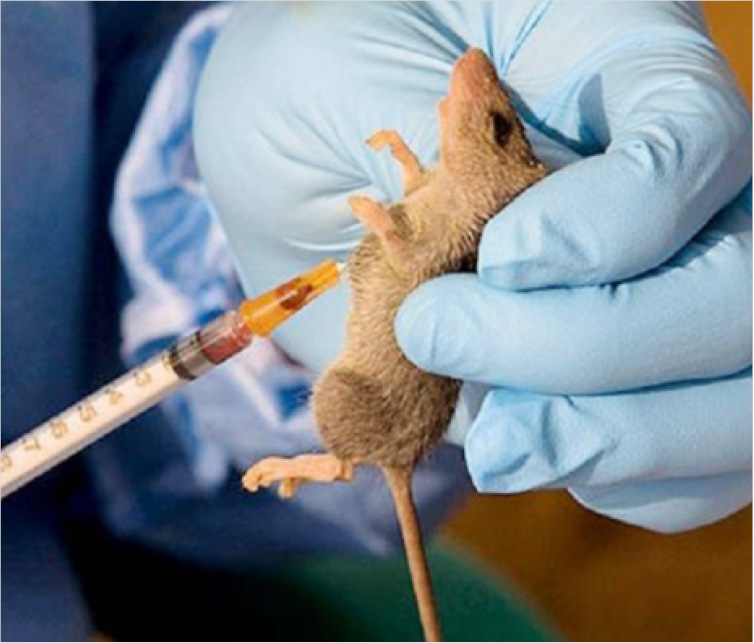The Nigeria Centre for Disease Control has set a 10-year target to reduce deaths from Lassa fever, a viral haemorrhagic fever that’s broken out nearly every year in the past 50 years.
With a case fatality ratio of 25%, one in every four people diagnosed with Lassa fever dies from the disease, but NCDC’s target is to push fatality ratio down to less than 5% in the next 10 years.
It comes as the centre opens the country’s first-ever international conference on Lassa fever to “share the knowledge we have gained over years,” said NCDC chief executive officer Chikwe Ihekweazu.
“We are no longer comfortable with being recipients of knowledge. We want to co-create knowledge that defines one of the biggest issues in Nigeria.”
At least 150 research papers from scientists and institutions working on all aspects of Lassa fever are to be presented at the conference, ranging from prevention and management, to diagnosis and detection and risk communication.
Some 100 scientists—80 from Nigeria and 20 from outside the country—are slated to attend the conference and share research and experience of various aspects of the Lassa fever virus, and how it has changed since it was first isolated in Lassa town of Borno state 50 years ago.
The virus that causes the haemorrhagic fever is zoonotic—capable of jumping from animals to humans.
Patterns of recent outbreaks prompted tighter surveillance and improve detection and research.
The NCDC’s genetic sequencing of Lassa fever virus has showed no new strains of the virus in circulation.
Research on display at the conference could provide further knowledge about the virus, said Emmanuel Ago, who leads a scientific groups assessing hundreds of research abstracts submitted for the conference.
“We know about transmission from animal. This will address aspects where it jumps from animals to human beings,” he said.
Lassa fever outbreaks have been reported in countries next to Nigeria, and more cases have been diagnosed or detected in the last couple of years as outbreak surveillance improves.
“The more cases we have seen is the result of improve efforts at NCDC,” said Elsie Ilori, who heads the centre’s technical working group on Lassa fever.
“”We have also observed lots of gaps. This conference is an opportunity to work with international partners and young scientists in the country to discuss these gaps.”

 Join Daily Trust WhatsApp Community For Quick Access To News and Happenings Around You.
Join Daily Trust WhatsApp Community For Quick Access To News and Happenings Around You.


